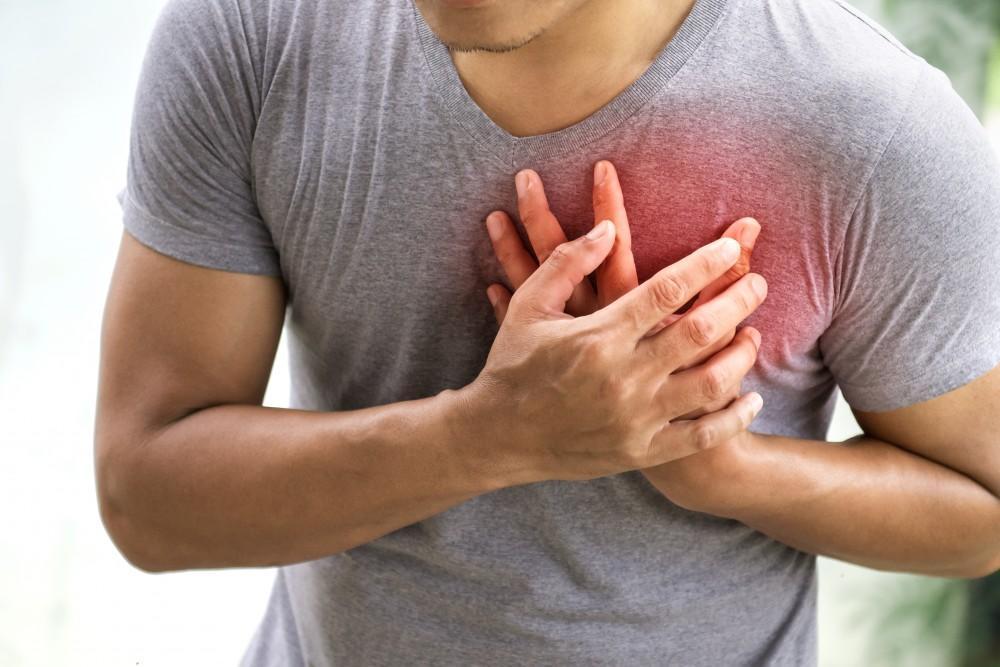When Chest Pain Strikes: What to Do for Immediate Relief

Chest pain is one of the most alarming symptoms anyone can experience. It can signal a variety of conditions, from minor issues like muscle strain to life-threatening emergencies like a heart attack. Knowing what to do when chest pain strikes can make all the difference. This guide will help you act decisively while understanding when it’s crucial to visit the ER of Fort Worth – emergency room for immediate care.
Understanding Chest Pain
Chest pain isn’t always related to the heart. It can stem from several underlying causes:
- Cardiac causes: Heart attacks, angina, or heart inflammation.
- Respiratory issues: Pneumonia, pulmonary embolism, or collapsed lungs.
- Digestive problems: Acid reflux, gallbladder issues, or esophageal spasms.
- Musculoskeletal issues: Rib injuries or muscle strain.
Each type of chest pain varies in intensity and accompanying symptoms. For example, sharp stabbing pain during breathing might suggest a lung problem, while a crushing sensation could indicate a heart attack.
When to Seek Emergency Care
If you’re unsure about the cause of your chest pain, it’s better to err on the side of caution. You should seek immediate help at the ER of Fort Worth – emergency room if you experience:
- Severe pain that radiates to your arms, neck, or jaw.
- Shortness of breath, sweating, or dizziness.
- Nausea or vomiting accompanying the pain.
- Pain triggered by physical activity or stress.
- Sudden and sharp pain along with a rapid heartbeat.
The ER of Fort Worth – emergency room is equipped to handle such emergencies with advanced diagnostic tools and experienced professionals.
Steps to Take When Chest Pain Strikes
- Stay Calm
Panic can worsen symptoms, especially if the pain is heart-related. Sit down and focus on slow, deep breaths. - Call for Emergency Help
Dial emergency services if the pain is severe or doesn’t subside within a few minutes. Time is critical during heart-related emergencies. - Chew Aspirin (If Advised)
Aspirin can help thin the blood and improve circulation to the heart during a suspected heart attack. Take this step only if you’re not allergic or otherwise advised against it. - Avoid Physical Activity
Refrain from exertion as it can strain your heart or muscles further. - Monitor Symptoms
Keep track of any changes in pain intensity, location, or associated symptoms. This information can assist medical professionals in diagnosing the issue.
Why Choose the ER of Fort Worth for Chest Pain?
The ER of Fort Worth – emergency room specializes in prompt diagnosis and treatment of chest pain. Key advantages include:
- 24/7 Availability: Chest pain doesn’t follow a schedule, and neither do we.
- Advanced Diagnostic Tools: Immediate access to EKGs, blood tests, and imaging ensures quick and accurate diagnosis.
- Specialized Team: Our staff includes cardiologists and emergency specialists experienced in managing life-threatening conditions.
- Patient-Centric Care: We prioritize comfort and clear communication, keeping you informed every step of the way.
Common Causes of Non-Emergency Chest Pain
Not all chest pain warrants a visit to the ER. Here are some less severe causes:
- Acid Reflux or Heartburn: A burning sensation caused by stomach acid traveling into the esophagus.
- Muscle Strain: Often results from heavy lifting or awkward movements.
- Anxiety or Panic Attacks: Can mimic heart attack symptoms but are generally harmless.
For these issues, a primary care physician can provide appropriate treatment. However, if in doubt, always opt for the ER of Fort Worth – emergency room.
Preventing Chest Pain
Lifestyle changes can significantly reduce your risk of experiencing chest pain:
- Maintain a Healthy Diet: Include heart-friendly foods like fruits, vegetables, and whole grains. Avoid excessive salt, sugar, and saturated fats.
- Exercise Regularly: Moderate physical activity strengthens the heart and improves circulation.
- Quit Smoking: Smoking damages your heart and lungs, increasing your risk of chest pain.
- Manage Stress: Practice relaxation techniques like meditation or yoga.
- Schedule Regular Checkups: Early detection of underlying conditions can prevent severe chest pain episodes.
The Importance of Quick Action
When chest pain strikes, every second counts. Delaying care can lead to complications, including irreversible heart damage. That’s why it’s vital to seek help promptly at the ER of Fort Worth – emergency room. Our team is committed to delivering life-saving care with minimal wait times.
Conclusion
Chest pain is not a symptom to ignore. Whether it’s a mild discomfort or a severe, crushing sensation, acting quickly can save your life. The ER of Fort Worth – emergency room is your trusted partner in emergencies, ensuring you receive the best care when it matters most.







